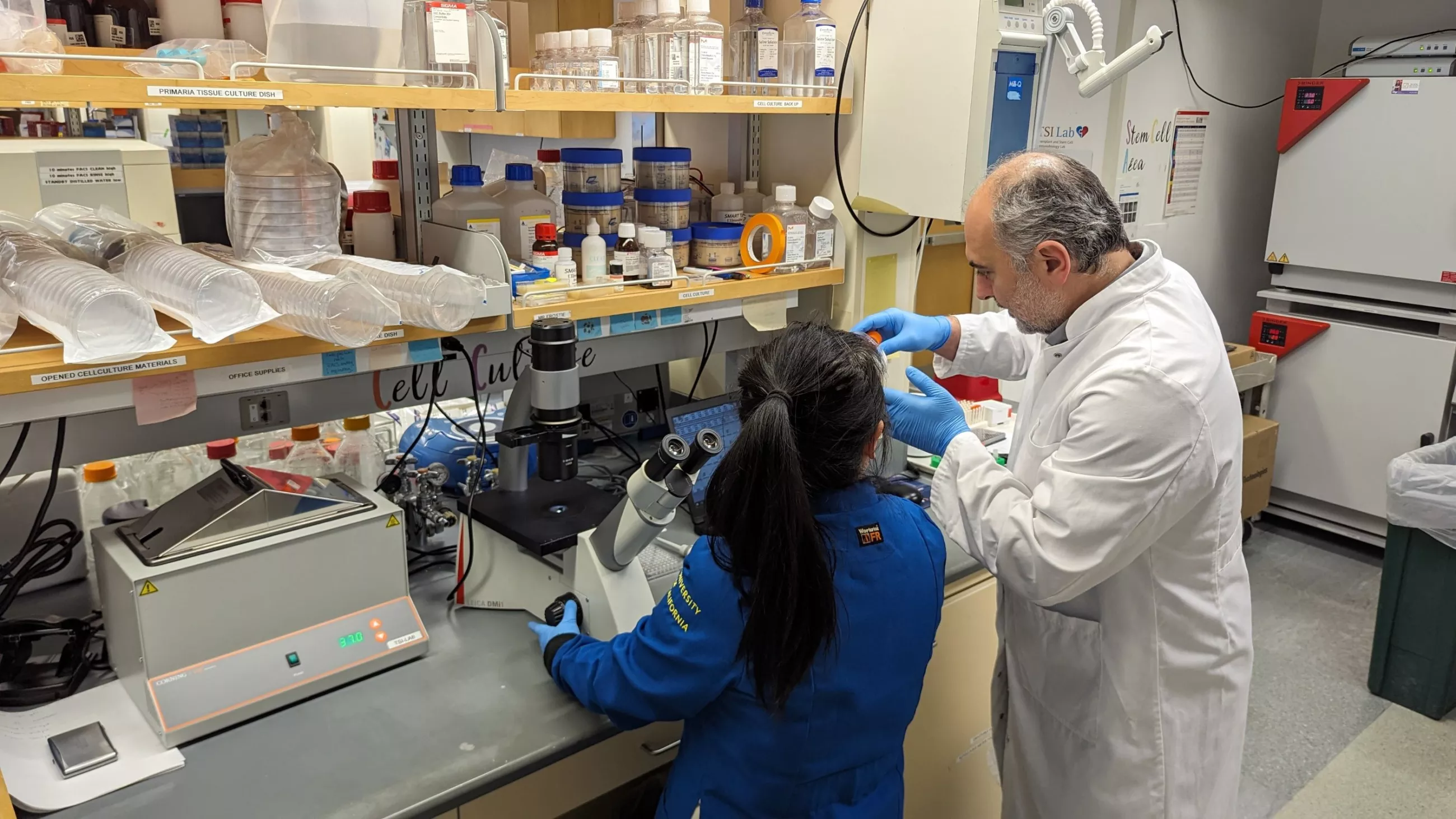Stem Cell Immunobiology

Stem cell transplantation is a quickly developing area of research with the goal of replacing, regenerating, or reinvigorating injured tissues. Allogeneic stem cells are often rejected by the immune system of the transplant recipient, drastically reducing their potential positive therapeutic effects. Upon the advent of induced pluripotent stem cells (iPS cells), the possibility of creating patient-specific stem cell lines gave hope for a reduced risk of rejection.
It is apparent, however, that large-scale generation of patient-specific iPS cells is not time, cost, or labor effective. Somatic cell nuclear transfer (SCNT) was proposed as a possible alternative to quickly and easily generate patient-specific material, but the TSI Lab recently showed that mismatched mitochondrial proteins found after SCNT are enough to trigger rejection (Deuse et al. 2015). It remains one of the “holy grails” of stem cell transplantation research to find a technique that consistently does not result in rejection.
The TSI Lab is currently pursuing multiple methods to create a so-called “off the shelf” stem cell line that could be used in any patient without triggering an immune response. This might be achieved by molecularly modifying currently available stem cell lines to create non-immunogenic stem cell lines. By altering the proteins that cause rejection in the first place, these lines might be able to avoid immune recognition. Alternatively, generating a local hypo-immunogenic environment that could prevent post-transplant rejection without affecting the general immune system would have a myriad of potential applications. Many intriguing research directions are presently emerging at the TSI Lab.
